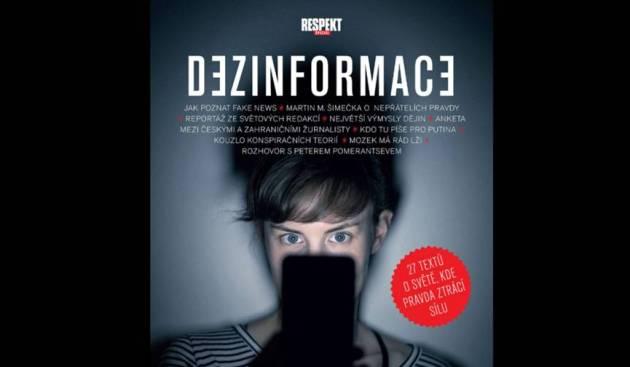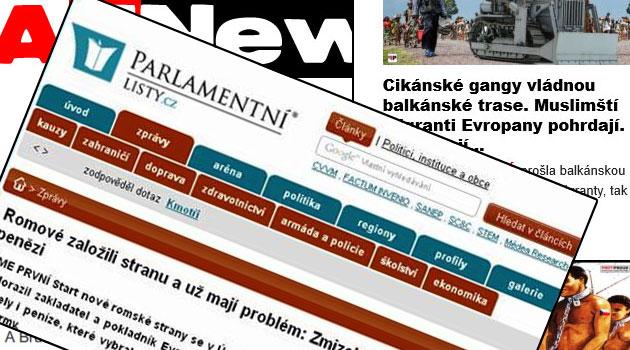EU analysis finds main target of pro-Kremlin disinformation last year was Ukraine

Last year Ukraine was the primary target of disinformation propagandists promoting the interests of the Kremlin, although such propaganda also focused to a significant extent on Britain and the EU. The diplomatic services of the EU tasked with discovering such media manipulation have presented that finding as part of their analysis of their work last year.
Posting on 8 January to their website “EU vs Disinfo“, the team described how media outlets advocating Moscow’s interests flooded the information space last year in association with the poisoning of former Russian spy Sergei Skripal or with the tensions in the Sea of Azov. Members of Stratcom, the strategic communications team, researched more than 1 000 cases of misleading or untrue communications from pro-Kremlin sources in 2018.
In 461 of those cases the target was Ukraine, which has long been the main subject of Russian disinformation. Last year the Russian media incorrectly reported, for example, that the Ukrainian Army had killed 10 000 people in the east of the country, or that the American secret services had sent 14 instructors there tasked with aiding in the poisoning of water supplies.
Another hoax was about the non-existent building of a 120-km long canal to cut the rest of Ukraine off from the annexed Crimean peninsula. Other significant targets of pro-Kremlin manipulation were Britain, the EU and the USA, especially after Britain sharply criticized Russia in association with the use of the nerve toxin Novichok in the southern English town of Salisbury.
“In the months following the attempted murder of the former Russian spy Sergei Skripal on British soil, the pro-Kremlin disinformation machine began to run at full speed,” EU vs Disnfo describes. According to Stratcom, it is exactly the case of the poisoning of Skripal and his daughter Yulia in March 2018 that demonstrates the typical approach of pro- Russian manipulators who, during the rest of the year, allegedly presented more than 40 theories about the background of the attack.
“We saw attempts to convince the public that this poisoning, during which a military-grade nerve toxin was used, was a consequence of a fentanyl overdose, or of alcoholism, or of other addictions, or that the toxin had been planted by Ukraine, or by the future mother-in-law of Yulia Skripal, or even by British Prime Minister Theresa May herself,” the EU diplomatic services analysts report. “This aligns with classic disinformation approaches by pro-Kremlin propagandists: To pollute the information space with the greatest amount of contradictory allegations so the average media consumer will lose track of the facts.”
“The most insidious aspect is that the abundance of contradictory narratives creates the illusion that objective truths based on facts cannot be ascertained and therefore must not even exist,” reports EU vs Disinfo. The 2018 review also discussed the November incident on the Sea of Azov, near Crimea, during which Russian border guards detained three boats of the Ukrainian Navy and fired at their crews.
A disinformation campaign about the Sea of Azov, which has been the subject of longstanding disputes between Kyiv and Moscow, allegedly began more than a year prior to the incident. “The Sea of Azov case demonstrates the long game of these disinformation campaigns, which do not just aim to distract attention away from other matters or to twist facts, but also to prepare the information space well in advance for events that may transpire in the real world,” EU vs Disinfo comments.
The intentional mass dissemination of disinformation was called an enormous security threat to democratic systems by the EU Member State leaders during their December summit, who say they want to combat this disinformation more intensively. According to the European Commission (EC), there is strong evidence that the main originator of fake news in Europe is in fact Russia.
The Stratcom team was created in 2015 and the EC would now like to significantly expand it. At the beginning of December the EC proposed increasing its current budget of EUR 1.9 million to EUR 5 million annually.
